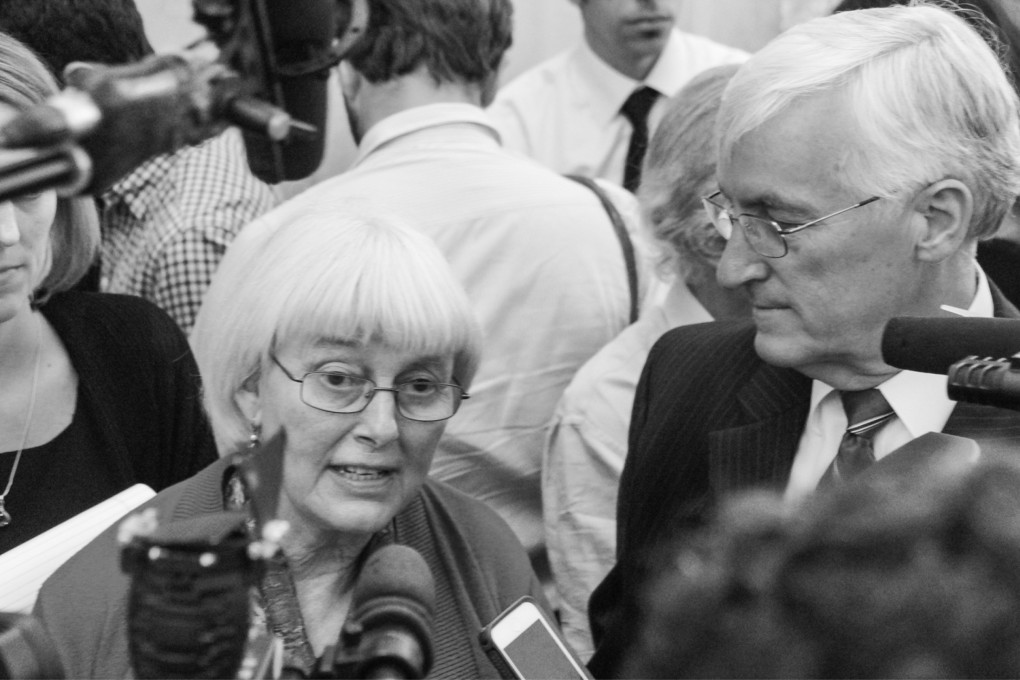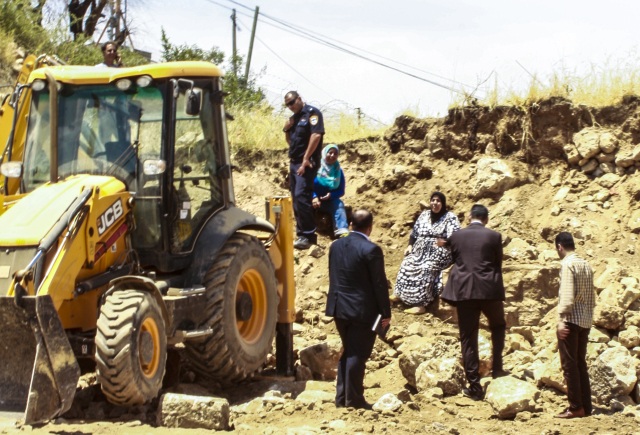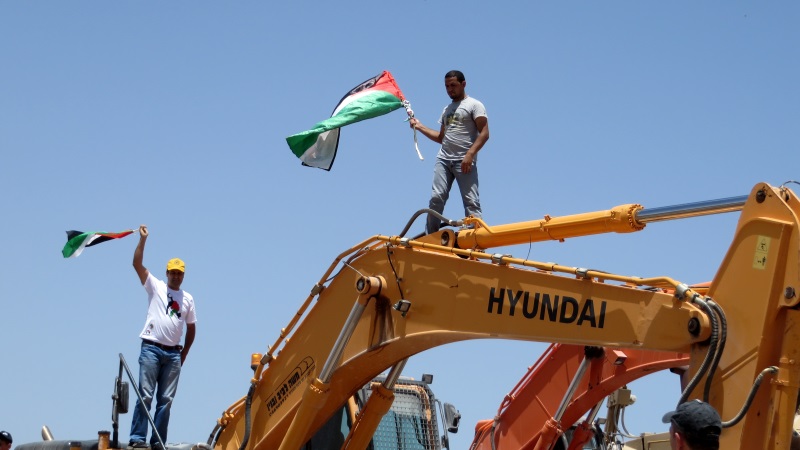Category: In the Media
-
The case of Rachel Corrie
1st June 2014 | Jack Pine Tribune | Occupied Palestine Over a decade after Rachel Corrie was crushed under the blades of an Israeli bulldozer in Rafah, her parents Craig and Cindy Corrie found themselves in the halls of the Supreme Court of Israel. The Corries were appealing a verdict handed down in 2013 by Judge Oded…
-
A Palestinian story of resistance: The Abu Haikal family
31th May 2014 | Christian Peacemakers Team | Hebron, Occupied Palestine With only a sliver of their land left to protect, having their entire lot of land encircled by Israeli settlements, Faryel and Arwa Abu Haikal climbed over a pile of rubble and boulders and stopped the Israeli bulldozer from shearing further into their property, dumping their…



